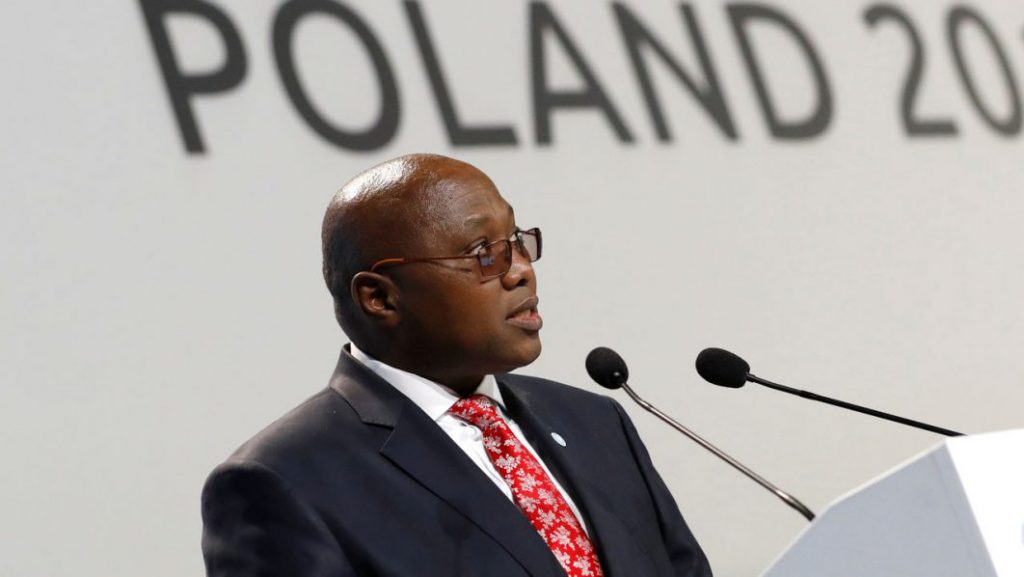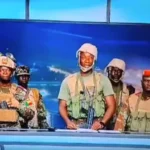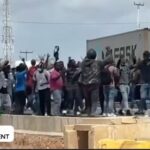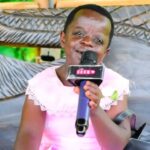
Eswatini anti-monarchy riots turn deadly: activists
Published on July 1, 2021 at 4:52 AM by Face of Malawi
Pro-democracy activists in Eswatini said Wednesday several people were killed and injured in overnight clashes with police, the latest bout of unrest in days of protests rocking Africa’s last absolute monarchy.
Demonstrations flared on Monday in the tiny and usually stable landlocked kingdom previously known as Swaziland, with protesters taking to the streets in the two capitals Manzini and Mbabane to demand political reform.
The government has deployed soldiers to quell the angered crowds, which blocked traffic and looted shops, and imposed a dusk-to-dawn curfew — citing rising coronavirus cases.
But witnesses continued to report unrest during the evening and night, with violent clashes between protesters and police.
Lucky Lukhele, spokesman for the pro-democracy Swaziland Solidarity Network, claimed that “eight activists were shot dead over night” in the administrative capital Manzini.
Lukhele said around 28 protesters had been shot, some of whom were taken to hospitals in the early hours of the morning.
Internet access has been limited since Tuesday, he added, accusing the government of a shutdown.
Wandile Dludlu, secretary-general of the People’s United Democratic Movement (PUDEMO), said shops were closed and towns “run by soldiers” on Wednesday.
“Between yesterday and today we have got fresh reports of almost 18 people who have been shot,” he told AFP.
Police were unable to confirm the number of deaths and injuries.
“We slept with the sound of gun shots and woke still to gunshots fired,” he added. “The looting and destruction of property became intense,” said Mbongwa Dlamini, head of the Swaziland teachers association.
A brewery partially owned by King Mswati III was also torched, Dlamini added.
Eswatini has traditionally stifled dissent and pro-democracy movements.
Political parties have been banned in the southern African country since 1973.
The king names government ministers and controls the parliament, while a constitution introduced in 2005 forbids parties from running in national elections.
But frustration has been simmering this month, spilling out into sporadic demonstrations that prompted the government to forbid all protests last week — a move that only served to stoke anger.


